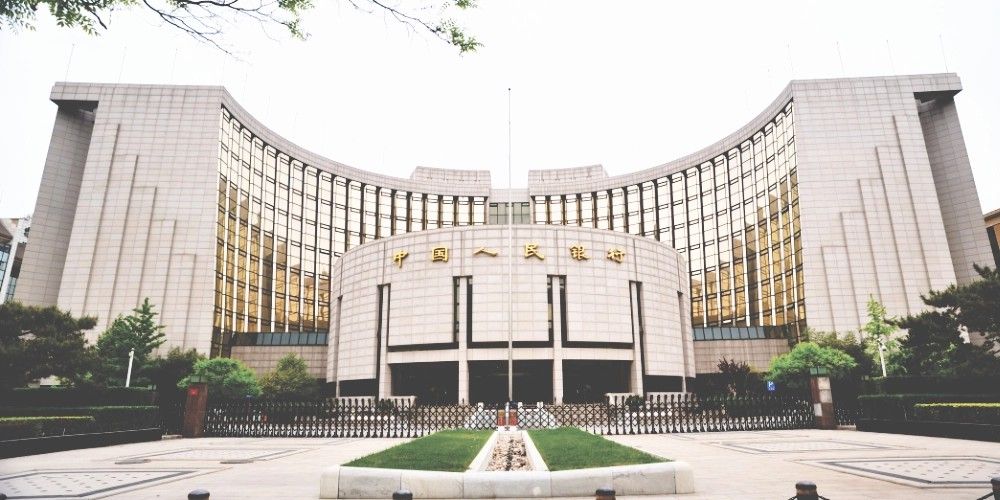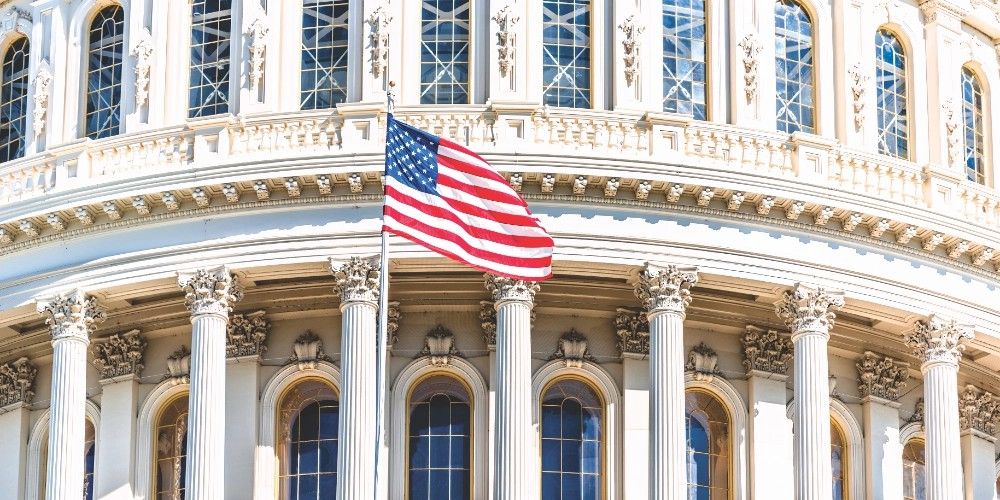Regulatory review: China reorganizes, US expands regulation, India delays decision
News.Bitcoin.com has started to regularly aggregate cryptocurrency regulatory developments around the world. In the first issue, we covered the decisions of the six major U.S. regulators and India on the Supreme Court hearings and crypto bills, we will also introduce China's reorganization action and Singapore's proposal for derivatives transactions, and how the tax authorities applied GST to crypto A description of the transaction.
China continues to monitor industry
On November 22, the People's Bank of China Shanghai Head Office (PBOC) issued a notice on cryptocurrency supervision, and the media reported on China's latest rectification actions. With the vigorous promotion of blockchain technology by enterprises, the increasing number of crypto activities has prompted this announcement. Seven regulators, including the People's Bank of China, issued a notice on September 4, 2017 regarding the rectification of cryptocurrencies and the initial public offering (ICO) trading platform.
The Shanghai office has implemented the requirements in this directive and has been monitoring the industry to prevent the relisting of closed exchanges and the formation of new exchanges. The notice concludes that the People's Bank of China Shanghai headquarters will continue to implement the requirements set out in the September 2017 notice, including closing the exchange, and will continue to monitor cryptocurrency business activities within its jurisdiction.
On November 20, Sohu News reported that 39 transactions had been found to have been found to be in violation of regulations and were inspected by relevant authorities. It was reported on November 22 that an exchange named BISS was closed and 10 people were arrested.
- "Development Map of China's Blockchain Industrial Park" Released: Insight into the Development of the Park in Five Dimensions
- Will Upbit's $ 50 million loss bring Defi's "prosperity"?
- Tucao Series | Blockchain Games on Steam

U.S. spreads regulation to regulators
Over the past two weeks, some US government agencies have stated their position on cryptocurrencies. Deputy Treasury Secretary Justin Muzinich said: One of the Treasury's biggest concerns is that (someone) may use cryptocurrencies to "evade existing legal provisions such as taxes, anti-money laundering and combating terror Financing, etc. " . On November 21, he added: "If cryptocurrency that allows anonymous transactions grows, enforcement of related laws such as crime prevention and terrorist financing may be more difficult." Prior to his statement, the Financial Crimes Enforcement Network (Fincen ) Reiterated on November 15 that anti-money laundering requirements will be strictly enforced on cryptocurrency exchanges, especially the "Travel" rules, similar to the recommendations of the Financial Action Task Force (FATF).
In the financial sector, HeathP. Tarbert, chairman of the Commodity Futures Trading Commission (CFTC), said on November 20 that he "would ensure that we create an environment in which these markets remain honest and we can monitor them, they "Be able to innovate," he hopes to see the United States lead the cryptocurrency field.
On the other hand, the US Securities and Exchange Commission (SEC) is still considering whether to approve Bitcoin exchange-traded funds (ETFs). On November 18, it issued a solicitation statement in the Federal Register asking for comments on a decision submitted by the New York Stock Exchange Arca to disapprove proposed changes to the Bitcoin ETF rules. The proposal was rejected on October 9, but on October 15, the SEC notified the exchange that the decision is currently under review; a statement can be submitted by December 18, and a disapproval decision will remain in effect during the review.
The IRS has also elaborated on similar transactions and airdrops in the past two weeks after the latest guidance document raised some questions. Meanwhile, the New York Department of Financial Services (DFS) has granted a franchise to the digital assets division of Fidelity Investments under the state's banking laws . It will allow institutional investors and individuals within the state to store, buy, sell, and transfer bitcoins at companies.

India delays crypto issues
India's two main crypto regulations have been delayed. On November 18, the Supreme Court of India requested a hearing on the Bank of India (RBI) 's banking restrictions and postponed the hearing to January 14 at the request of the central bank. The bank ban came into effect in July last year, after which the bank closed accounts on the local cryptocurrency exchange in India.
The Indian government also introduced a bill entitled "Prohibition of Cryptocurrencies and Official Digital Currency Regulations Act 2019" at a winter meeting from November 18 to December 13. On November 15, Parliament announced the agenda for the winter meeting, which did not include the crypto bill.

Singapore closes to allow derivative trading & GST update
There were two regulatory developments in Singapore last week. First, the Monetary Authority of Singapore (MAS) issued a consultation document on November 20, proposing to allow payment token derivatives to be traded on approved exchanges. The HKMA said that the interest of international institutional investors in Bitcoin and Ethereum tokens was the reason for its proposal. The regulator has invited interested parties to submit comments by December 20.
Secondly, the Singapore Internal Revenue Service (IRAS) issued a guide on November 19 explaining the GST treatment of transactions involving "digital payment token" transactions. These tokens include cryptocurrencies used as a medium of exchange. IRAS announced: "As of January 1, 2020, the supply of digital payment tokens will no longer be subject to GST. "

ICYMI-Earlier this month
Earlier this month, there were some notable regulatory developments. The Hong Kong Securities and Futures Commission (SFC) released a regulatory framework applicable to crypto trading on November 16, allowing people to voluntarily apply for a permit.
In the UK, the UK Revenue Agency updated its crypto tax policy for crypto transactions on November 1. The agency provides two guides: one for individuals and one for businesses. Finally, the Finnish Financial Supervisory Authority (FIN-FSA) announced on November 1 that it has approved the registration of the country's first five local crypto service providers (including Localbitcoins) .

Welcome to talk about it
We will continue to update Blocking; if you have any questions or suggestions, please contact us!
Was this article helpful?
93 out of 132 found this helpful
Related articles
- Twitter staged "year-end drama", Ethereum founder Vitalik Buterin became industry leader
- How the Macro Economy Affects Bitcoin Price
- Comment: The premise of regulation is to clearly define the precise meaning of digital assets
- Four keywords take you back to the major events in the mining circle in 2019
- The recent outbreak of a new ransomware has broken the heart for "promotion" of Bitcoin
- Ethereum Istanbul upgrade tentatively scheduled for December 6, here is everything you want to know
- How difficult is protecting privacy? Even anonymous coins may leak your secrets






